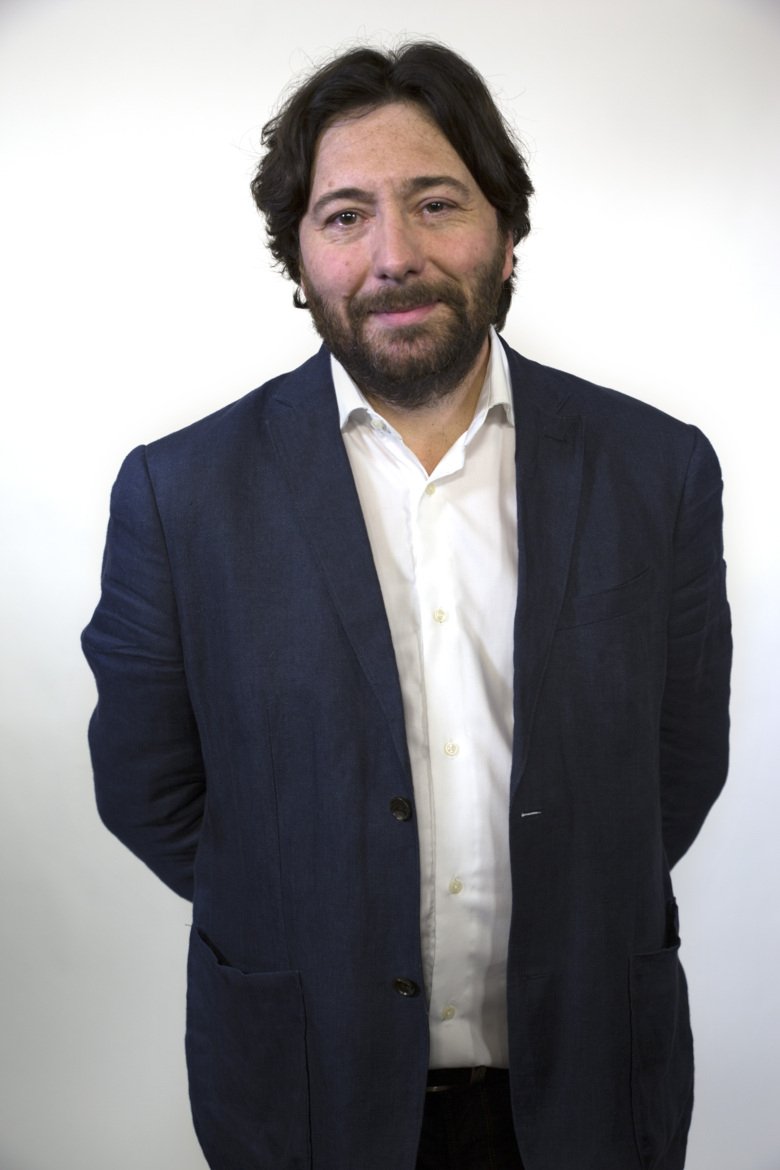Seeking new ways to diagnose and treat Alzheimer’s at an early stage
Angel Cedazo Minguez is conducting research into Alzheimer’s disease. He wants to understand how the metabolism of cholesterol and insulin in the brain contributes to the onset of the disease. In the long-term, he hopes to develop new diagnostic methods and treatments for Alzheimer’s, before the disease gives symptoms.

The purpose of Angel Cedazo Minguez’s research is to understand how known risk factors contribute to the causes of Alzheimer’s disease. He is hoping that the research will result in new methods for detection of disease in the pre-stages and prevent it from actually giving symptoms.
“If we know which mechanism are involved and how they result in neurodegeneration, we will have a foundation from which we can create molecules that can prevent the process,” he explains.
Angel Cedazo Minguez and his colleagues are focussed on two research tracks. One concerns cholesterol metabolites in the brain. Patients with Alzheimer’s and other neurodegenerative diseases have increased concentrations of 27 hydroxycholesterol in the brain, which is formed by the degradation of cholesterol.
“We have shown that 27-hydroxycholesterol has effects on the synapses, glucose metabolism and inflammatory processes in the brain, and we have identified a number of the mechanisms involved,” says Angel Cedazo Minguez.
The second research track involves uptake of insulin by the brain. Alzheimer’s and diabetes have a number of common elements, and Angel Cedazo Minguez hypothesises that insulin resistance in the brain is a contributory factor in Alzheimer’s.
“In 80 percent of brains from deceased Alzheimer patients, we see insulin resistance even though only a small number of them have been diagnosed with diabetes,” he says. “We also know that insulin has slightly different functions in the brain including an association with cell survival.”
Angel Cedazo Minguez is also the new Head of Research on Neurodegeneration at Sanofi, a pharmaceutical company.
Text: Anders Nilsson, translated from Swedish, first published in the booklet From Cell to Society 2017.
About Angel Cedazo Minguez
Professor of Molecular Neurogeriatrics at the Department of Neurobiology, Care Sciences and Society
Angel Cedazo-Minguez was born in 1966 in Almazán, Spain and studied Biology at the University of Salamanca, graduating in 1991. After working at Pharmacia in Sweden, he started his doctoral studies at KI receiving his PhD in 2002. Angel Cedazo Minguez was appointed Senior Lecturer in 2010.
He was Vice-Head of Department from 2008-2012 and 2015–2017, Acting Head of Department in 2013, and
Head of Section from 2006–2017. Since March 2017 he has been Global Head of Research into Neurodegenerative Disorders for Sanofi, a French pharmaceutical company, and on part-time leave from KI. On 15 January 2017, Angel Cedazo Minguez was appointed Professor of Molecular Neurogeriatrics at Karolinska Institutet.
